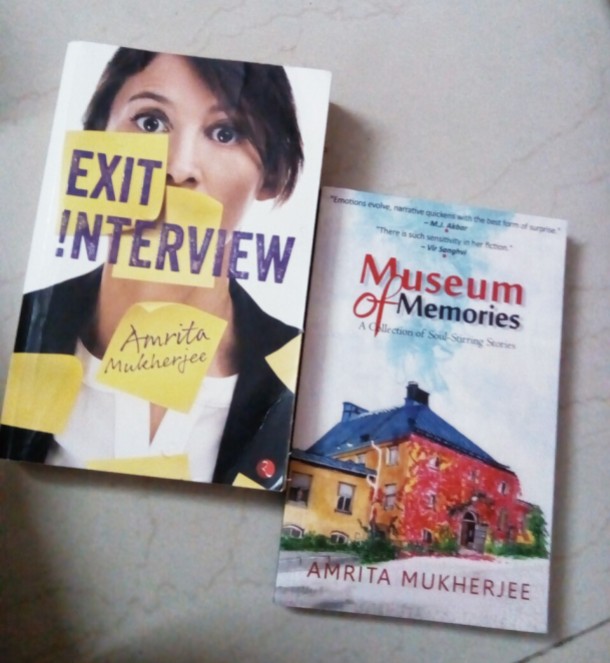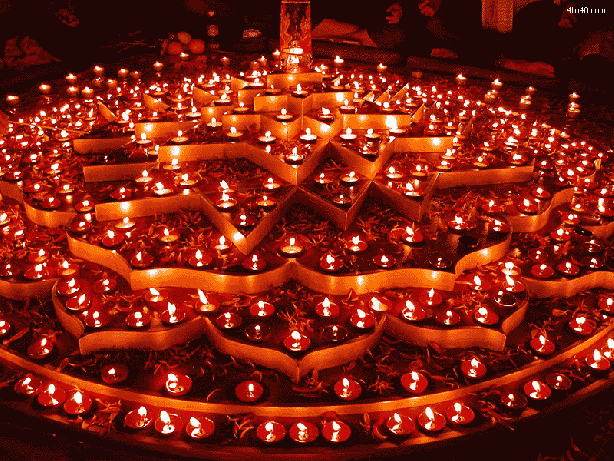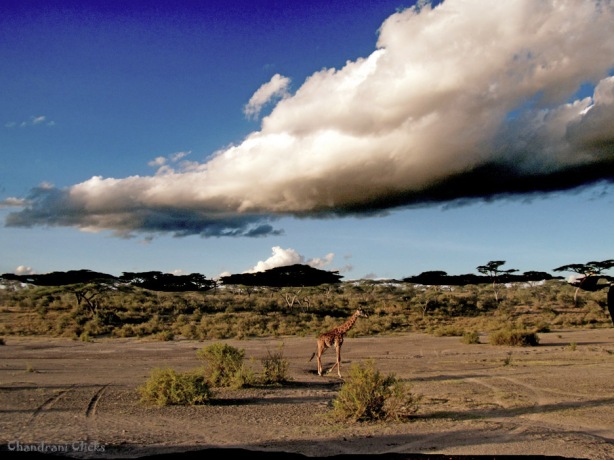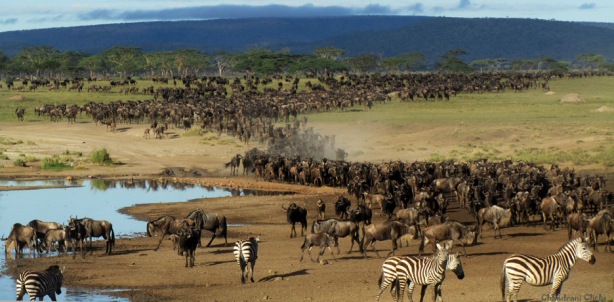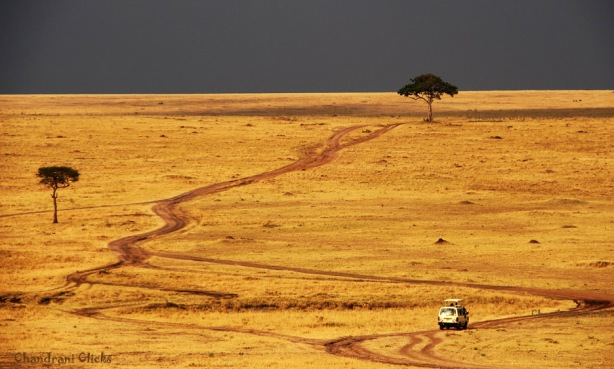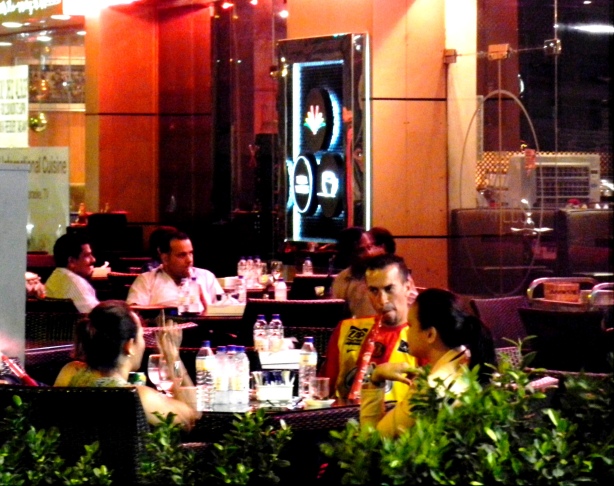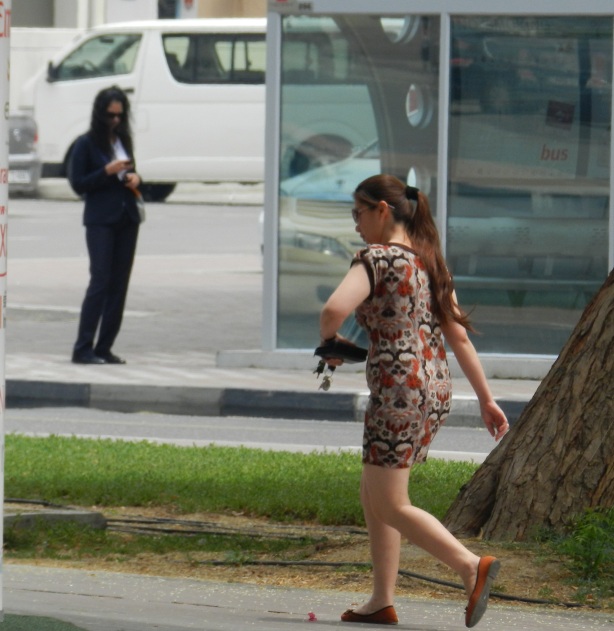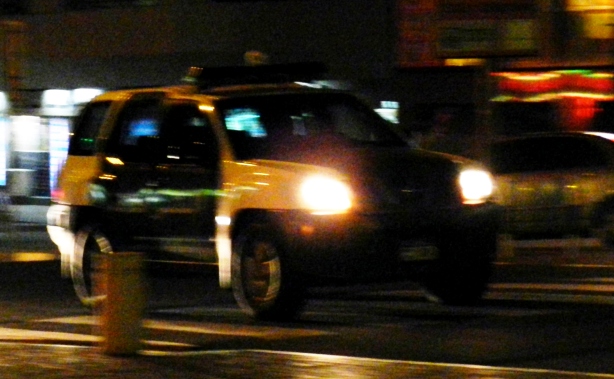
Picture taken from internet
At a time when Indian men are making headlines for all the wrong reasons, this story comes as a breath of fresh air – reinforcing the fact that there are more good men in this world than bad. This story is about four men, who went out of their way to make a difference in a woman’s life.
This story takes off when a few months back my close friend from South Point School, Joydeep Sengupta, who works at CESC and lives in Kolkata, was running his last check on Facebook before he retired to bed. A status update drew his attention.

Joydeep Sengupta didn’t have Samrajni’s address. He just knew he had to stop her from committing suicide
From here I am penning the story in Joydeep’s own words:
“Her message on FB said she wanted to end her life that night”
10.30pm
I had joined a group of like-minded people on FB. Few I knew in this group, most I didn’t and some I had met at a get-together organised by the group. Now the status that was in front of me was written by a lady named Samrajni Sengupta, who belonged to the same group. The update on her Timeline said she wanted to end her life that night because she didn’t find life worth living. I was in shock. I had met her just once at the get-together and knew from a common friend that she was having some issues in her marriage. Beyond that I didn’t know anything.
Within seconds other people had seen the message too and we started talking in the group wall, although there was no way of reaching out to her because she had logged out.
“I didn’t know where she lived but I left home to find her”
11pm
Once I recovered from my shock, I decided that I could not sit back at home and do nothing about it. I had to try and stop her. People in our group could tell vaguely that she lived in Garia, located in the southern fringes of Kolkata, but beyond that no information was available. Another member of our group, Sourav Sarkar, who works as a crew member in Air India International and lives in Behala like me, wanted to join me too. We managed to hail a cab and left for Garia.

Sourav Sarkar joined Joydeep in his mission to find Samrajni
“We wandered aimlessly on the streets as the minutes ticked by”
12am
Let alone an address, we didn’t even know a proper landmark near her house. We just had the belief that we had to stop her, somehow. Standing in the middle of the road in the middle of the night, we were not willing to give up hope. Nor were at least 30 people from our group, not only from Kolkata, but even the US and other parts of India, who were all logged in and were desperately trying to use their networks to find someone, who could give her address. Finally, Somnath Chowdhury, a law graduate, who lives in Baranagar, and belongs to our group, said that one day he was travelling with Samrajni in the bus and she pointed at an apartment building and told him it was her home. He vaguely remembered where it was and could guide us.
“Monali Sengupta woke up her husband and told him to help us out”
1am
While Somnath was on the phone describing landmarks to us and we were trying to follow his directions, the exasperation was building up. We were really worried that we might have lost all the time in our search and wouldn’t be successful in our mission. On top of that there was nobody on the road to ask for directions and all the gates of the apartment buildings were locked.
Meanwhile, Monali Sengupta, mother of a one-year-old, who lives in the same area, was awake and was just browsing through FB when she chanced upon our exchanges on the wall. She didn’t know any of us, just saw a connection through a common friend, but she woke up her husband Sayan Sengupta and told him to call me. My number was on the wall by then. She felt that since her husband knew the area well, he might be able to help in the search. At 1am Sayan came down from his apartment and joined us but we failed to find the building despite his help and Somnath’s directions.

Sayan Sengupta did not know any of them but joined them in the search
“Somnath travelled an hour to join us”
2am
After trying so hard I wasn’t ready to live with the fact that I wasn’t successful in reaching Samrajni. Both Saurav and Somnath agreed with me. That is why Somnath decided to come down from Baranagar – which is located in north Kolkata and is more than an hour’s journey from Garia – to join us. He was sure if he was in the area he would be able to recognize the apartment building.
“At 2am Sayan took two unknown men home”
2.30am
Sayan didn’t want us to stand on the road and wait for Somnath, so he took us home. The fact that he did not know us at all, and that it was 2am, did not make any difference to him or his wife Monali. Sitting in their house, we all hoped and prayed together that we would be able to save Samrajni.
“We jumped over the wall of the apartment building to reach the watchman’s room”
3.30am
Somnath came and he managed to point out the building to us. We had no option but to jump over the wall in order to reach the watchman’s room. We woke him up and asked him if Samrajni Sengupta lived in the building. Initially he wasn’t sure who we were, but sensing our urgency and proper intent said he would take us to her apartment.

Somnath Chowdhury travelled for an hour in the middle of the night to ensure Samrajni was safe
“We were not sure if we were too late”
4am
Samrajni’s father opened the door and was shocked to see the three of us – Saurav, Somnath and I standing there. We told him to call Samrajni without asking any further questions. He said she was sleeping with her door closed. I felt a knot in my stomach and a cold sweat. Were we too late? He knocked on her door and our heart was racing. She finally opened. We were almost jumping with joy seeing her alive. When we told her why we had come she just couldn’t believe it.
SAMRAJNI SENGUPTA tells her story:
“These guys came as messiahs and taught me to think anew”
I was in severe depression due to the situation I was in and had developed a suicidal tendency. I started feeling that if I ended my life all my problems would come to an end. After writing on FB that I would end my life that night I had started making the preparations for doing so. My mother, who had been keeping a close watch on me, sensed my intent and insisted on sleeping with me that night. I remember I kept crying and my mother consoled me and tried to put sense into my head. She stroked my forehead till I fell asleep at around 4am. Then father woke us up.
I was so groggy I couldn’t understand why Joydeep, Sourav and Somnath had come. When they told me I felt like they had come like a new morning in my life. I had reached the lowest point of my self confidence and felt the world was full of horrible people and bad things kept happening to me all the time. Their efforts and those of all the people, who stayed glued to FB to make sure that I was safe, made me believe that there is good in this world.
I am a 38-year-old divorcee with a 12-year-old son, who studies in a good boarding school in Kolkata. I did not take any alimony from my husband because it hurt my pride. I met this other gentleman on Facebook, who is in his early 50s and he wanted to marry me. We had a registration marriage and soon he took me to Dubai, where he works and lives, on a resident visa. There my nightmare started. He lived in a 10X10 single room, expected me to do all the housework and he turned into a pervert and sadist the moment he came home from work. He beat me up at the slightest opportunity. Once he even broke my arm and took me to a doctor a month later when I was screaming in pain. He constantly threatened to kill me and if I raised my voice, his brutality increased. I didn’t know anyone in Dubai and I couldn’t figure out where I could go for help. I just wanted to escape from his clutches. So when he agreed to buy me tickets to see my parents I found my escape. When I did not return he kept calling me and harassing me over the phone and he even told my parents that they were actually doing “business” through me.
I was also facing acute financial woes and did not have enough money to file a divorce suit against him. I thought death would rescue me from this mess.
But these guys came as messiahs and taught me to think anew. I have never thought of suicide after that night. I know no matter what, I will have to live for my son. Now I know these wonderful people are there to support me if I need them. I am not alone in my fight anymore.
25.271139
55.307485
